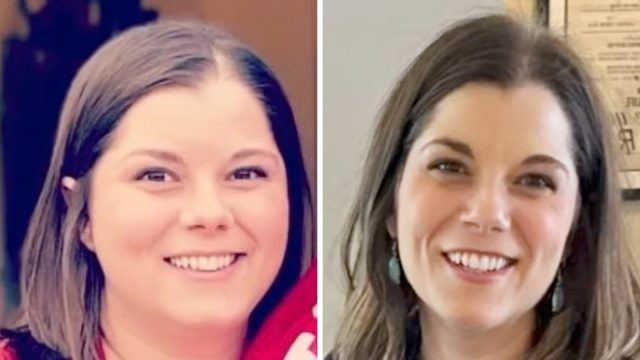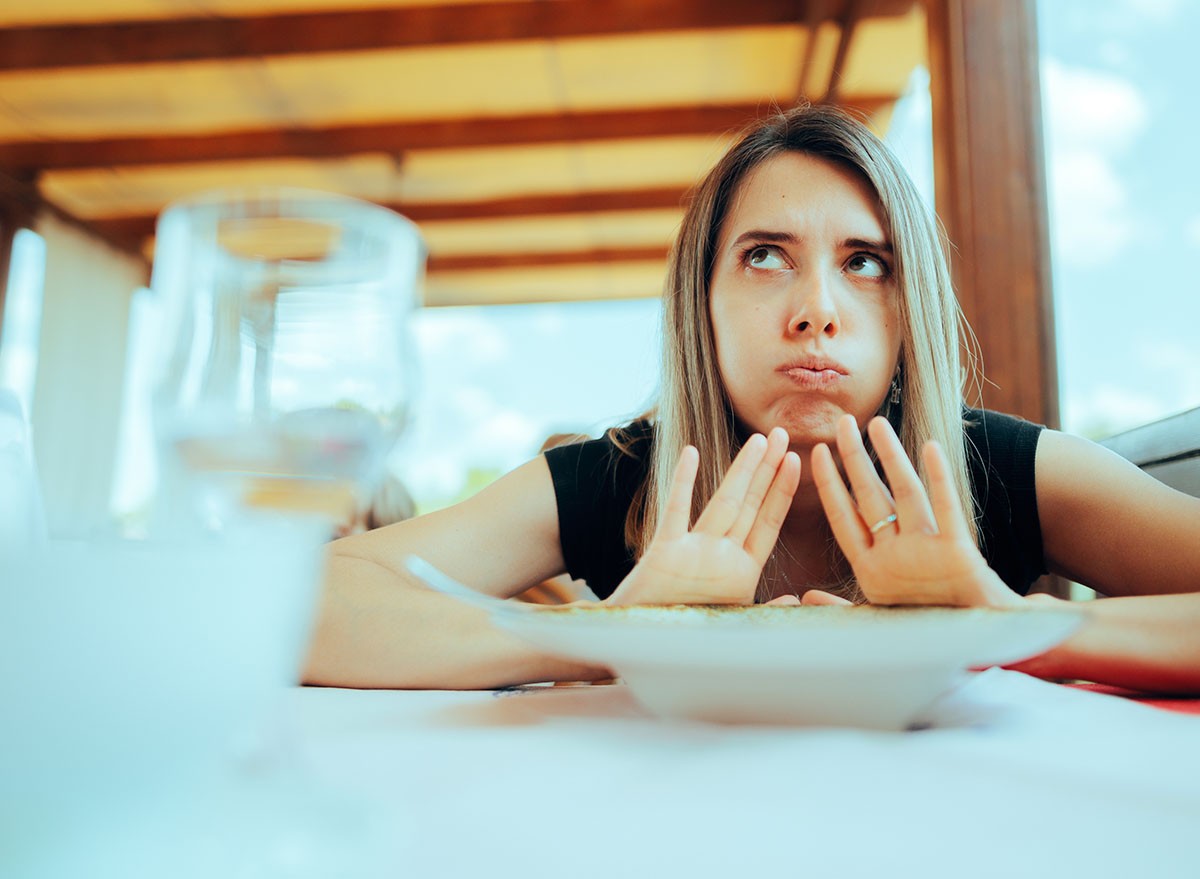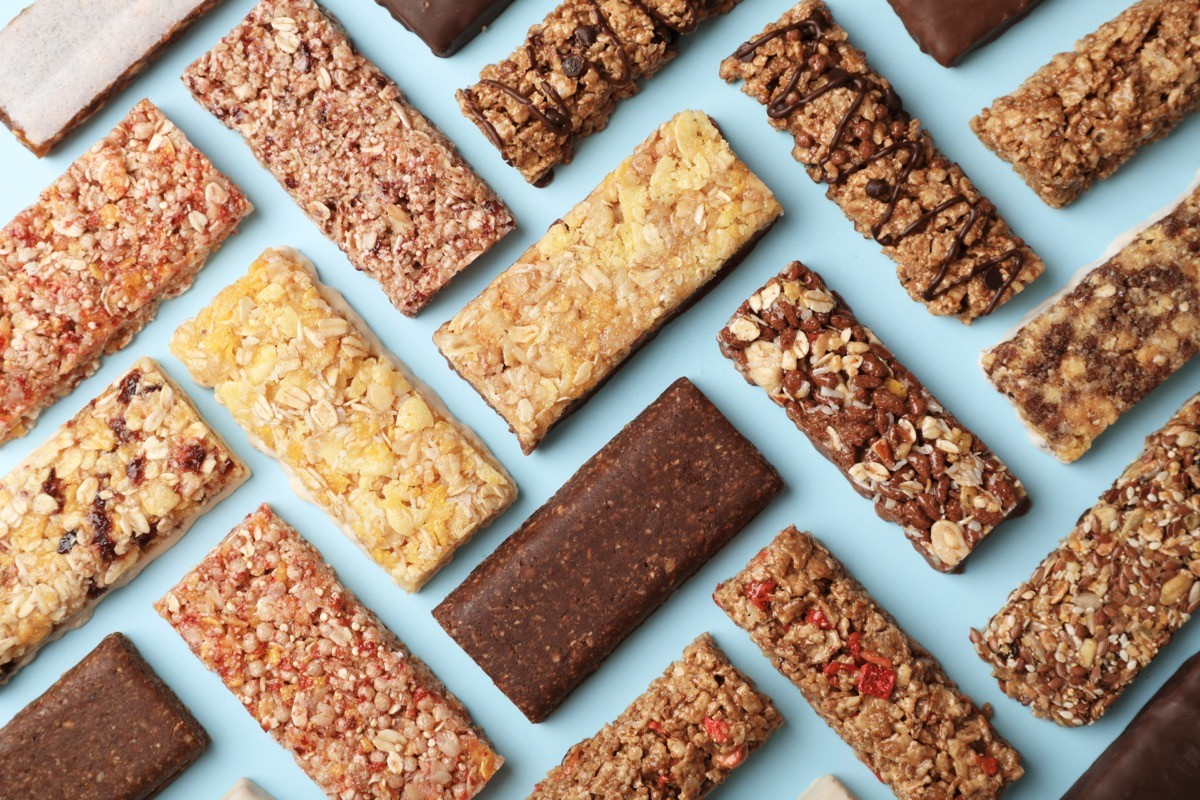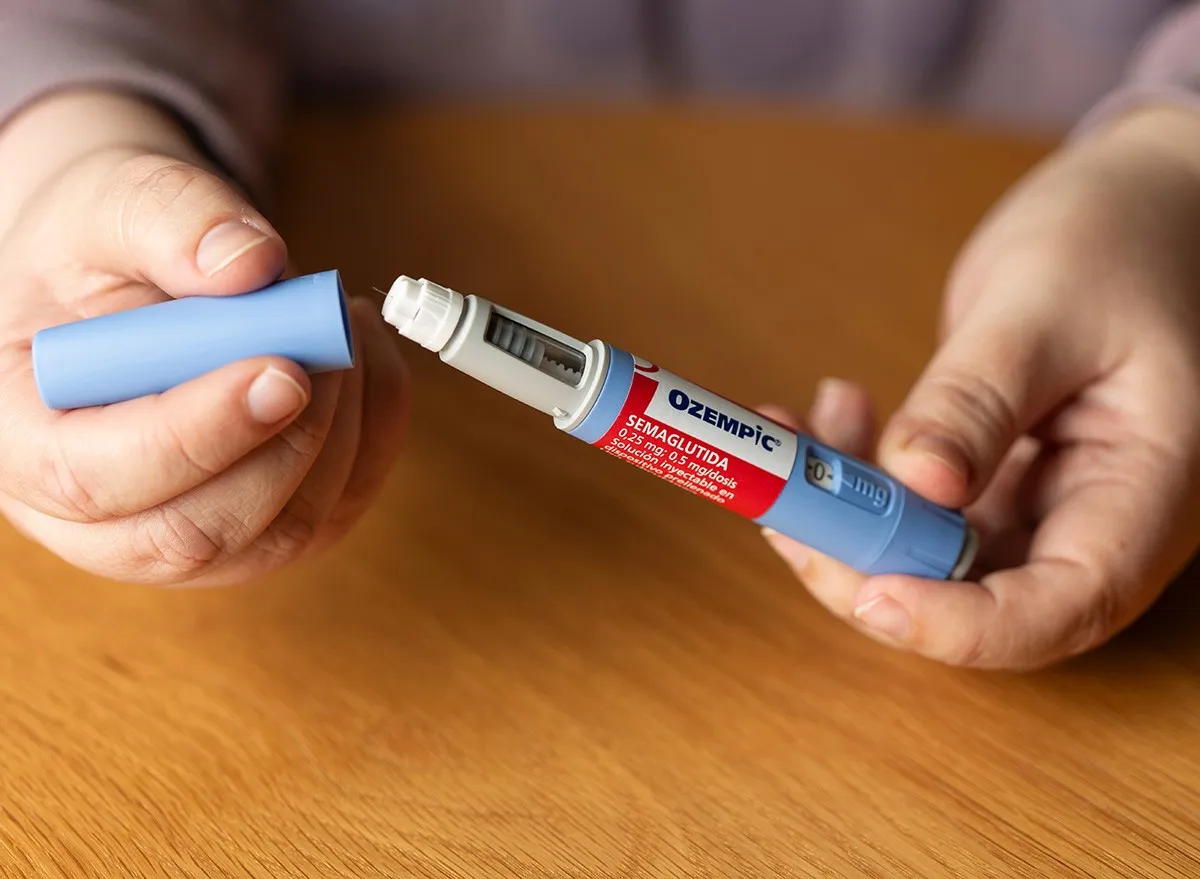5 Things to Know Before Taking a GLP-1 Drug, According to a Nurse Who Takes It

Many of us have struggled with weight loss journeys that feel like an endless cycle of hope and disappointment. Stephanie Snow is a Weight Loss Provider, Nurse Practitioner, and Obesity Medicine specialist who has walked this path herself, using GLP-1 medications as part of her own weight loss journey. In her recent social media posts, she shares insights from both her professional expertise and personal experience. "I've been on this journey too, so I know it's not easy. As a nurse practitioner and a GLP-1 user, here are five things I wish I could tell my past self," she writes. Read on to discover what this medical professional learned firsthand about these revolutionary medications.
The Pre-Medication Mindset
Even healthcare providers get nervous about starting new treatments. "Yep. Even as a nurse practitioner, I was nervous to start a GLP-1," Stephanie admits in her post. She worried about the side effects, giving herself injections, and whether this would just be another temporary solution. Stephanie explains that her biggest concern wasn't just losing weight—it was creating sustainable change in her life.
RELATED: 15 Things to Know Before Requesting Ozempic for Weight Loss
Making a Commitment Beyond the Medication
When starting her GLP-1 journey, Stephanie made a crucial decision: "If I was going to use this tool, I was going to do the work alongside it," she shares. This meant learning proper nutrition beyond just eating less, beginning strength training despite initial discomfort, and maintaining consistency even when progress slowed. Stephanie emphasizes that success with GLP-1s isn't about perfection—it's about commitment to the process.
The Surprising Fullness Factor

One of the most unexpected aspects of GLP-1 medications is how they affect your appetite. "One of the biggest surprises of GLP-1s is how quickly you'll feel full. It's almost like your body hits a 'stop' button," says Stephanie. This dramatic change in hunger cues requires an adjustment period. Stephanie suggests trusting your body's new signals and learning to recognize when you're genuinely satisfied—which often happens much sooner than you'd expect.
Hydration Is Non-Negotiable

Water becomes exceptionally important when taking GLP-1 medications. "Staying hydrated is crucial on GLP-1s," Stephanie advises. Proper hydration helps manage common side effects like nausea and supports digestion as your body adapts to eating smaller portions. Stephanie recommends carrying water everywhere and making consistent hydration a top priority throughout your day.
RELATED: 20 Possible Ozempic Side Effects
Protein: Your Body's Best Support

As your caloric intake decreases, the quality of what you eat becomes even more critical. "Protein is your new best friend," Stephanie explains. High-protein meals and snacks help maintain energy levels, preserve muscle mass during weight loss, and create lasting feelings of fullness between meals. Stephanie suggests focusing on incorporating protein into every meal to support your body during this transition.
Embracing Imperfect Progress

The weight loss journey with GLP-1s isn't always smooth. "Some days you'll feel amazing, and other days might feel like a struggle. That's completely normal," Stephanie reassures. Progress rarely follows a perfect linear path, and acknowledging this reality helps build resilience. Stephanie encourages patients to practice self-compassion during challenging days rather than viewing setbacks as failures.
The Power of Patience

While GLP-1 medications have shown impressive results for many users, they're not an overnight solution. "GLP-1s work, but they're not magic!" Stephanie emphasizes. Sustainable weight loss requires time, consistency, and realistic expectations. Stephanie reminds us that the most successful outcomes come from viewing these medications as tools within a broader lifestyle change rather than quick fixes.
RELATED: What Happens to Your Body When You Stop Taking Ozempic
Finding Your Support System

Starting a GLP-1 medication can feel overwhelming, especially when managing side effects or adjusting to new eating patterns. "If you're feeling nervous too, I see you. Even the pros get nervous. You're not alone," says Stephanie. She highlights the importance of finding healthcare providers who understand GLP-1 medications and connecting with others on similar journeys for emotional support and practical advice. And if you enjoyed this article, don't miss 20 Incredible Ozempic Success Stories of All Time.




